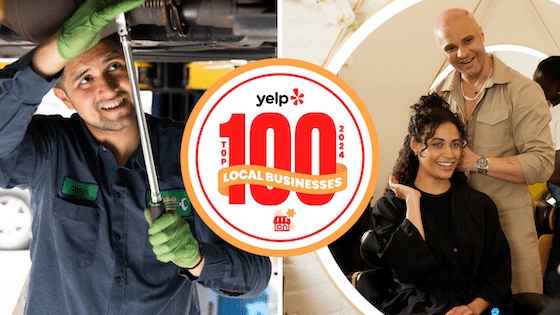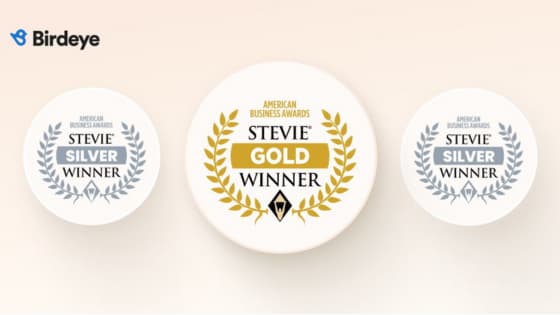We’ve covered buy now, pay later pretty regularly here. The space — a convergence of fintech, retail, and eCommerce — was hot well before Square’s blockbuster — and controversial — acquisition of leading BNPL player Afterpay. Not to mention Apple’s pending entry into the space.
BNPL, simply put, allows consumers to buy goods and then spread out the payments, usually in four installments, interest-free. The BNPL platforms then front the money to the retailer. And the retailer then pays the platform for what is essentially a lead. BNPL got its start in eCommerce. But it’s now widely available both online and at the physical point of sale.
Anyone with any feel for business models will see right away that this is a low-margin, high volume business. Hence the intense land grab among the major player to raise and acquire their way to a dominant position.
As BNPL has gained popularity (it’s big with the kids), we’ve seen it applied to a growing array of use cases. It’s already a staple in travel. And in May, we wrote about an Affirm spinoff called Resolve that is applying BNPL to B2B.
Affirm also partnered with HomeAdvisor late last year to launch an installment plan for home improvement projects.
Affirm Spinoff Resolve Bags $60M to Make BNPL More of a B2B Thing
Enter Payo
Now an Australian company called payo is taking this concept to the dinner table. Its “Eat Now, Pay Later” model lets diners nosh on a meal, then spread out the repayment process. The company has launched in Melbourne and Sydney, Oz’s two biggest cities, after trialing the service in Brisbane.
As an aside, Australia is ground zero for the BNPL industry. Afterpay launched there in 2014. And several BNPL players are listed on the Australian Stock Exchange (ASX). These include Afterpay, ZipCo (which owns QuadPay and Spotii), and Splitit. Now Payo has weighed in with its spin on the BNPL concept.
Payo Co-founder and CEO, Taf Chiwanza, positions payo as a savior for the battered hospitality industry.
“The industry has been through a rough time with restaurant closures and simultaneously, a drop in discretionary spending,” Chiwanza said. “By unlocking the BNPL offering within the restaurant space, we hope payo can be a part of the rebuild solution by driving increased traffic into restaurants. We want to encourage customers to enjoy unique dining experiences by giving users the opportunity to better manage their cash flow and still enjoy themselves, so they don’t miss out [on] these moments.”
The payo app allows consumers to settle restaurant bills with a 25% immediate payment, followed by three equal, fortnightly installments. The process is interest-free. Consumers are charged a A$10 fee if they miss a payment.
Payo pays the restaurants upfront. While payo isn’t clear about its revenue model, based on how other BNPL platforms work, we assume it charges restaurants a fee for each order.
According to payo’s recent announcement, “Over the past three months, the top 20 performing partners in Brisbane have received thousands of transactions and the average order value from payo customers has increased by 50%.”
A Reckoning Coming?
This is great news for the restaurants. But what payo is doing might add to the growing unease with the BNPL model. Regulators and consumer protection organizations around the world are beginning to grumble that BNPL is just another way for consumers to accumulate debt.
The fact that payo is demonstrating that consumers rack up a bigger tab using BNPL than they would otherwise is a bit troubling. Perhaps the notion of deferring repayment may loosen up the purse strings. But the bill does come due.
The difference with BNPL is the consumer doesn’t accumulate interest. And unlike with a revolving line of credit, there is a defined timeline for repayment.
Payo is aware of the growing unease over BNPL. The startup even issued a press release emphasizing that “we only shout customers who can afford to pay us back. In fact, we conduct a rigorous internal credit check on every single applicant to ensure that’s always the case.”
Still, given how fast this method of payment is growing, we may soon see some fallout as consumers taking on too many BNPL obligations, and using multiple platforms, begin to default. Then we may see some platforms struggle to remain solvent. And the regulatory gloves likely come off if the default levels are sufficiently alarming.
Until then, who wants another bottle of wine?





